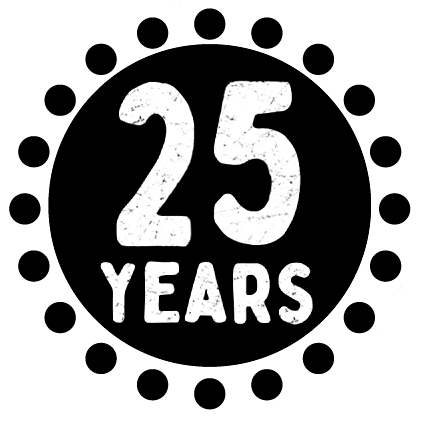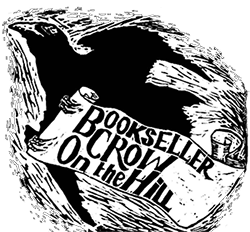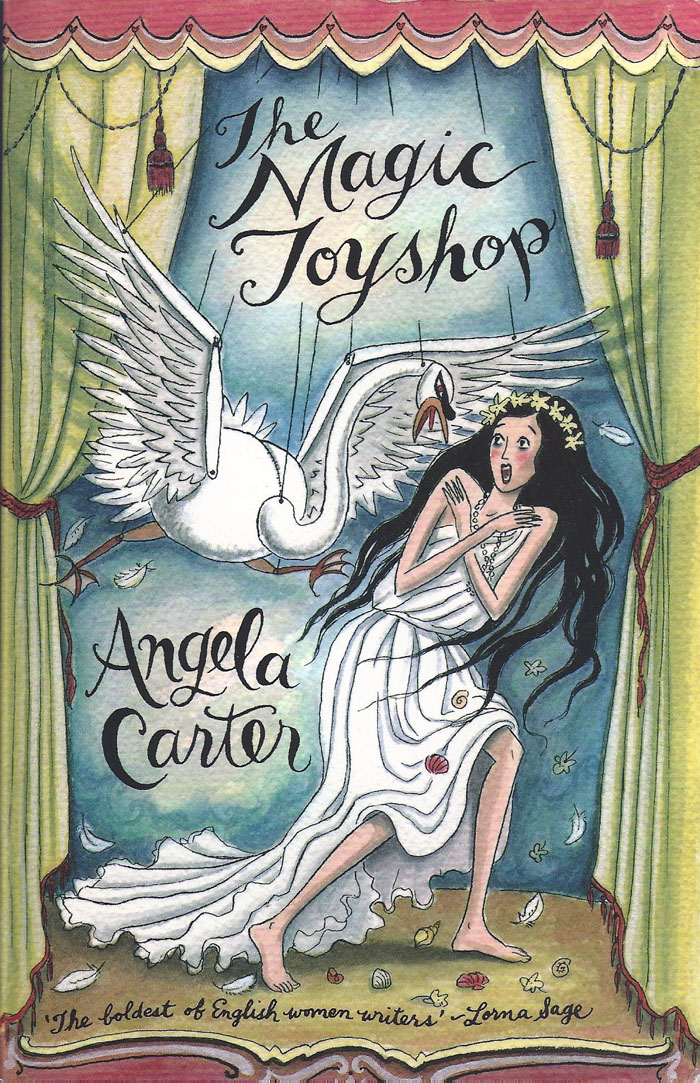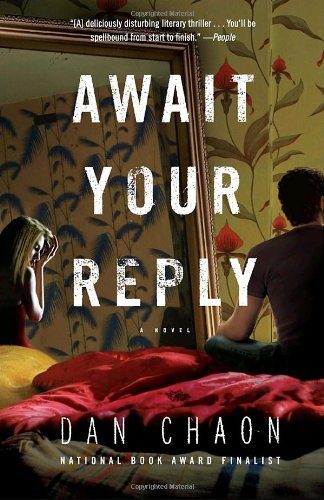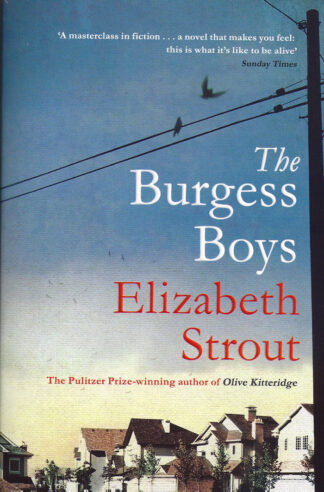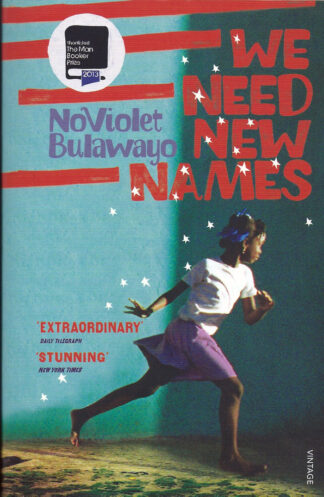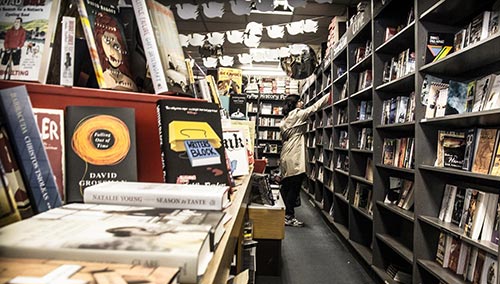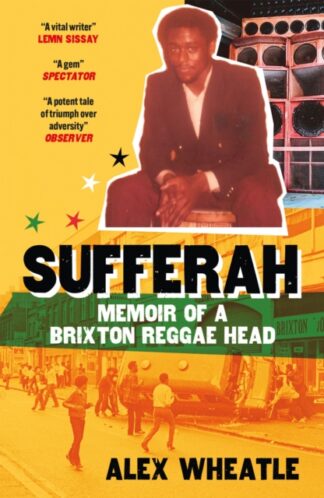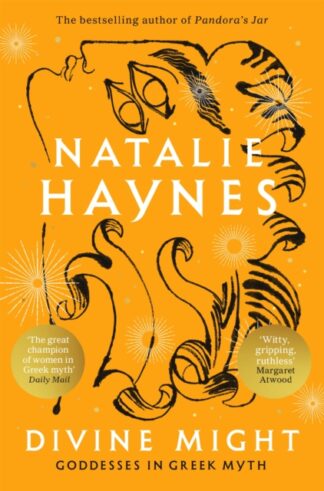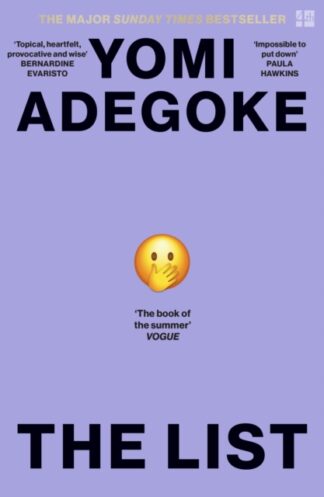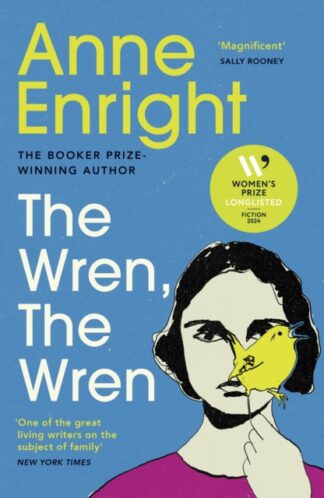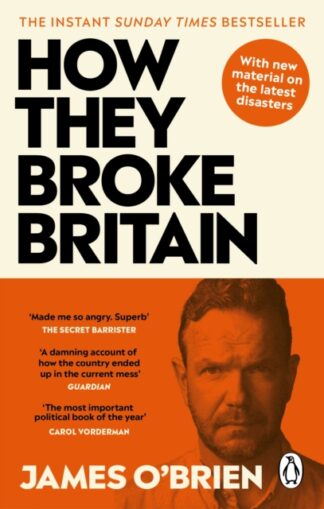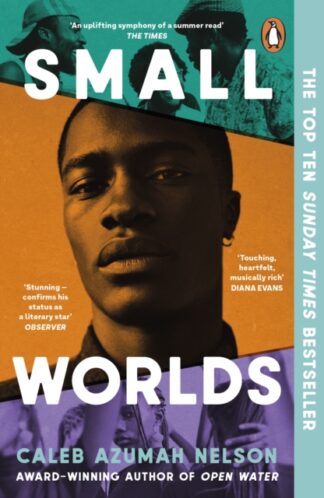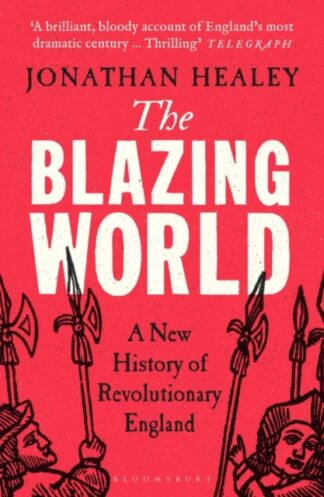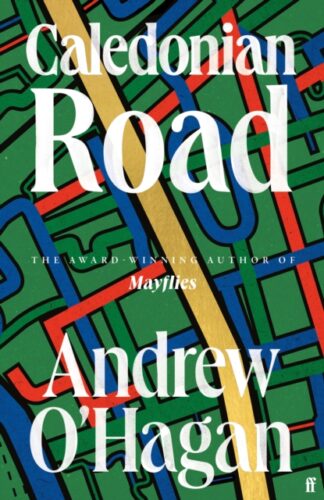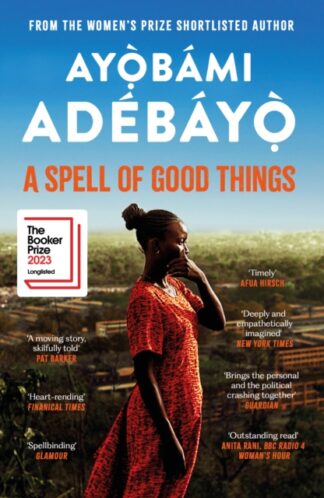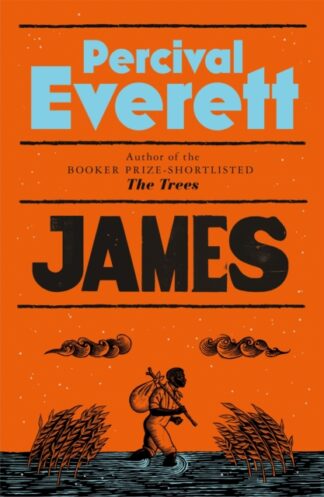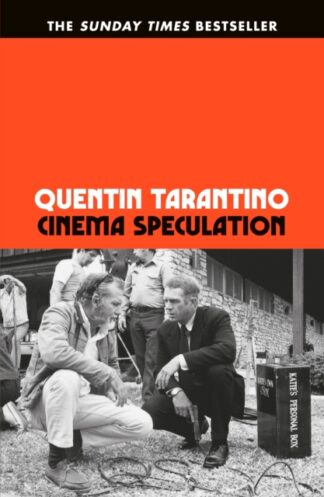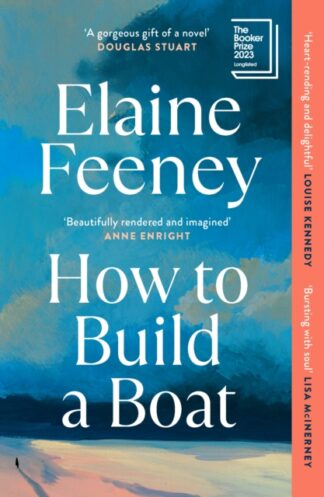Description
Transmitter book review. May 2009.
‘They’re planning to bulldoze the park and build workers’ flats. But I’ve read that in the local paper since I came here.’
So says Finn, a young man in Angela Carter’s wonderful novel The Magic Toyshop as he prepares to show Melanie the books 15-year-old heroine The Crystal Palace Park and its remaining, mostly fallen, statuary. Of course, once inside the park he is also planning to (temporarily) remove the bubble gum he has been chewing and kiss her, which one way, or another, is actually what the book’s about.
First published 42 years ago in 1967 The Magic Toyshop was Angela Carter’s second novel and it established her as one of the most imaginative and original writers of her generation. In an echo of The Railway Children – whose author E Nesbitt also loved and wrote about the park – three middle-class, country dwelling, children are orphaned and sent to live with their misanthropic uncle Philip a toy maker with a toy shop in Crystal Palace – not so named, but described as a ‘wedge-shaped open space high on a hill’ in a part of South London that has, as Finn reflects on their way to the park, seen better days. They live above the shop, sharing it with Philip’s wife, Aunt Margaret, who is dumb and communicates by writing on a blackboard and her two brothers, Finn and Francis Jowle, the three from Ireland, red of hair and fond, when Uncle Philip isn’t around, of a jig.
The toy shop sits between a failed boarded-up jeweller’s shop and a grocer’s displaying a windowful of sunshine cornflakes. The shop is home to a parakeet who keeps up a running commentary on the customers, chanting ‘no sale!’ at regular intervals, although the intricately hand-worked and highly priced toys attract expensive women who arrive from north of the river looking for something that will make their friends say, ‘wherever did you find that?’ These women in turn bring the attentions of ‘the Sunday colour supplements’ who promise to have ‘half of London banging down the shop’s door’ until, that is, Uncle Philip smashes the photographers camera and throws it down the stairs. Much like trading in the Triangle today, then.
In addition to the grocer’s, the neighbourhood contains a butcher’s-the butcher with a slash of cruel bloodstain on his boater – a greengrocer’s shop, a new furniture shop, whose faulty neon sign reads, ‘everything for the ‘ome’ and of course a junk shop, where a ‘withered, pale woman sat and knitted by a paraffin stove among broken old things…’ There is half-day closing on a Wednesday and of course, no Sainsbury’s and no houses in the middle of the triangle.
Angela Carter died age fifty-one in 1992 and left behind her a legacy of 14 works of fiction including Nights at the Circus and Wise Children and both highly recommended. She lived for much of her life in south London, and indeed, before she wrote The Magic Toyshop had worked at The Croydon Advertiser, giving fuel, no doubt, for the above quote
